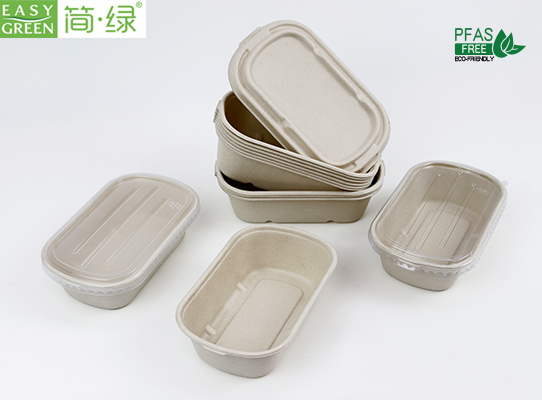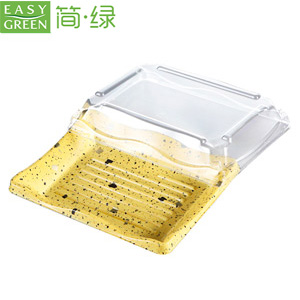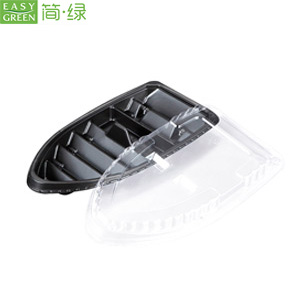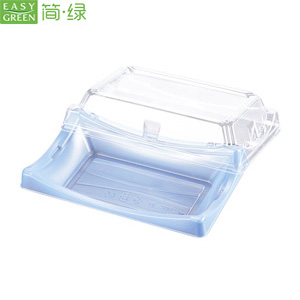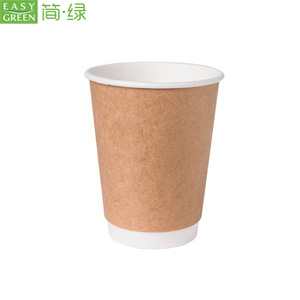In recent years, the pressing issue of environmental degradation has prompted a global call for action. One significant aspect of this challenge is the proliferation of non-biodegradable packaging materials, which contribute to pollution and ecological harm. In response, the adoption of biodegradable food packaging emerges as a promising solution to mitigate environmental impact. This essay aims to explore the benefits of renewable plant fiber, kraft paper, and cornstarch as viable alternatives to conventional packaging materials, advocating for their widespread use to foster a more sustainable future.
Renewable plant fiber, derived from sources such as bamboo, sugarcane, and bagasse, offers several advantages as a biodegradable packaging material. Firstly, plant fiber-based packaging is inherently renewable, as it utilizes abundant plant resources that can be replenished through sustainable agricultural practices. Unlike traditional packaging materials derived from fossil fuels, plant fiber production contributes minimally to carbon emissions and deforestation. Moreover, plant fiber packaging is biodegradable and compostable, meaning it can naturally decompose without leaving harmful residues in the environment. By choosing renewable plant fiber packaging, consumers can significantly reduce their ecological footprint and support a more sustainable supply chain.

Similarly, kraft paper represents another eco-friendly alternative to conventional packaging materials. Kraft paper is produced from wood pulp using the kraft process, which involves minimal chemical treatment and preserves the natural strength and texture of the fibers. Unlike glossy or coated paper products, kraft paper is fully recyclable and biodegradable, making it an environmentally responsible choice for food packaging. Additionally, kraft paper packaging can be easily customized and printed with eco-friendly inks, allowing businesses to convey their commitment to sustainability to consumers. By embracing kraft paper packaging, individuals and businesses alike can contribute to the conservation of forests and the reduction of waste in landfills.

Cornstarch-based bioplastics represent a cutting-edge innovation in the field of biodegradable packaging. Derived from renewable resources such as corn or other starch-rich crops, cornstarch bioplastics offer a versatile and sustainable alternative to traditional petroleum-based plastics. These bioplastics are not only biodegradable but also compostable, breaking down into natural components when exposed to microbial activity in soil or composting facilities. Moreover, cornstarch-based packaging can be molded into various shapes and forms, providing flexibility for packaging applications across different industries. By harnessing the potential of cornstarch bioplastics, businesses can transition towards a circular economy model, where resources are continuously recycled and reused to minimize environmental impact.

In conclusion, the adoption of biodegradable food packaging presents a crucial opportunity to address the environmental challenges associated with conventional packaging materials. Renewable plant fiber, kraft paper, and cornstarch bioplastics offer viable alternatives that promote sustainability without compromising functionality or convenience. By encouraging the widespread use of biodegradable packaging, individuals, businesses, and policymakers can collectively contribute to the preservation of natural resources, the reduction of waste, and the protection of ecosystems for future generations. It is imperative that we embrace these innovative solutions and prioritize environmental stewardship in our daily choices and practices.
 English
English 
